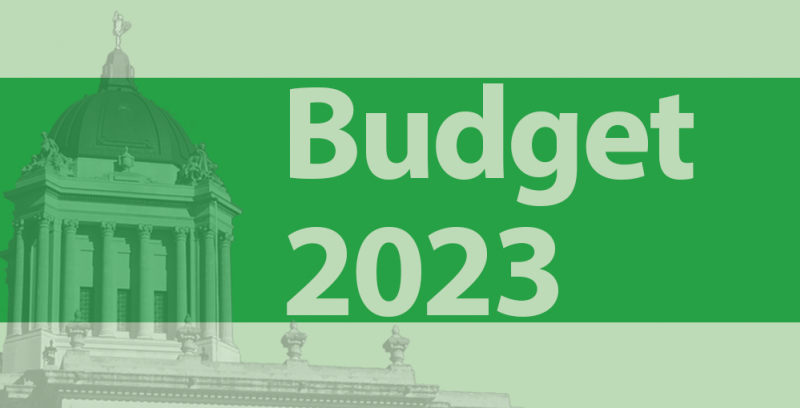After more than six years of bare-bones public funding and ongoing privatization, the provincial government’s election-year budget once again failed to prioritize Manitoba’s public services and those who provide them.
“Throughout the pandemic and beyond, MGEU members have remained dedicated to meeting the needs of Manitobans, despite working for an employer who seems to have no interest in building the kind of healthy and responsive public sector we all deserve,” said MGEU President Kyle Ross. “Today’s focus on unaffordable tax cuts is one more in a series of shortsighted and hurtful decisions that will take a generation to correct.”
While the budget included a sprinkling of investment in areas such as health care, Ross pointed out that such half-measures don’t even come close to addressing the staff shortages and burnout that are plaguing our emergency rooms and leaving rural Manitobans feeling like second-class citizens when it comes to their health.
“The reality is, it’s going to take more than a few band-aids to fix this mess. Years of chronic under-funding and aggressive vacancy management continues to leave our public sector in a state of crisis,” he said.
Over 2,300 fewer people are working in the Civil Service than when the Pallister/Stefanson government came to power. This has left urgent shortages in areas such as family services, conservation, housing, health inspection, and corrections.
“If the pandemic showed us anything, it was how much we rely on responsive and resilient public services,” Ross said. “Now is not the time for tax cuts. At this point, wages for public sector workers are so far behind inflation it’s getting harder and harder to recruit and retain skilled and experienced staff.”
Recently, the MGEU held a special Convention to modernize their strike policies and plan for coordinated action in the coming months.
“In the Throne Speech, this government promised to address recruitment and retention in the Civil Service. It’s clear they have no such intention. Our union has increased strike pay from $300 to $500 per week for most workers and in most situations and is exploring options for job action if necessary.”

